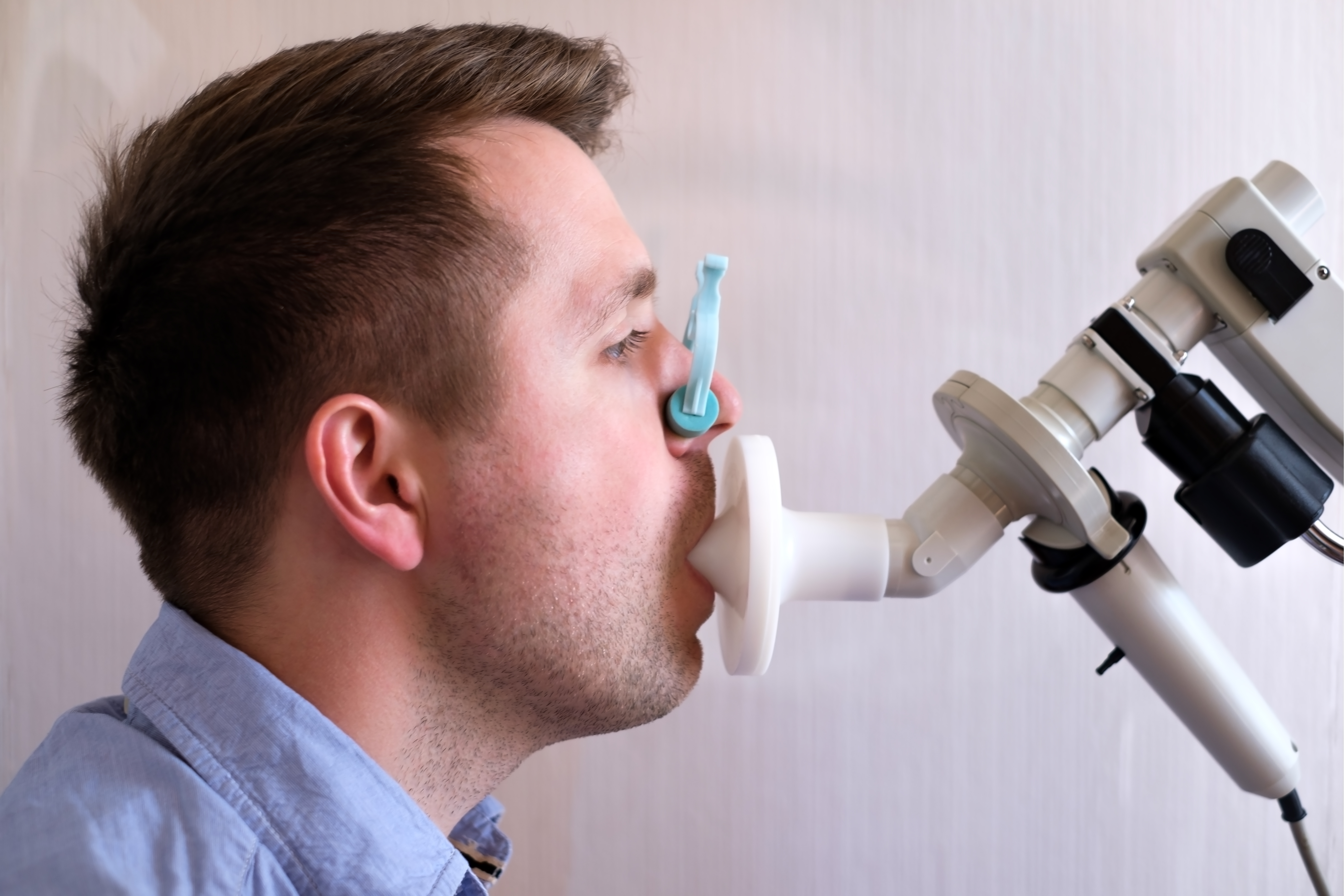During the day, we often notice our physical body—what aches and pains we are having, if we are clear-headed or tired, and more. Rarely do we stop and notice our lungs, yet along with our heart they are in constant motion— working whether we feel good or not. Millions of people live with lung diseases every day, and know with each breath what it feels like to have lungs that work well.
If you are experiencing breathing problems, know that there are solutions to such common lung diseases as chronic obstructive pulmonary disease (COPD), chronic bronchitis, asthma, emphysema, asbestosis, restrictive airways conditions from tumors, inflammation or scarring, cystic fibrosis and allergies.
Symptoms of Lung Disease
Symptoms people notice when they have a possible lung disease are shortness of breath, chronic cough, chronic mucus production, chest pain, wheezing and coughing up blood, according to the American Lung Association.
When people come in to see their doctor for these chronic, ongoing symptoms, the doctor will often order a pulmonary function test (PFT)—a series of different procedures that measure lung function. The Memorial Hospital offers pulmonary function tests by registered respiratory therapists.
What is a Pulmonary Function Test?
Pulmonary function tests tell doctors how well your lungs are working, and pinpoint the exact loss of function. Technically, the tests measure the volume of air that your lungs can hold, the rate of airflow into and out of your lungs and the gas exchange between your lungs and your blood.
“At TMH we perform pulmonary function tests, along with a spirometry test that measures how quickly air is inhaled and exhaled from the lungs,” says a TMH provider.
A spirometer is sometimes used in conjunction with the PFT, either before or after. The patient wears a mask attached to a tube and performs several breathing exercises. Measurements are recorded on a device called a spirograph. Sometimes, a bronchodilator is given to see if there is improvement with a secondary test.
The tests are performed in a dedicated testing room at The Memorial Hospital. They take approximately an hour to an hour and a half, and doctors receive results in three to five days. The tests are primarily used for diagnosing lung disease, but they also measure how well breathing medicines and therapies are working. A registered respiratory therapist performs the PFT, and testing is available Monday to Friday from 7 am – 5 pm. Patients are asked to abstain from coffee and oral steroids for eight hours before the test.
What To Do Next
If you have been experiencing chronic breathing problems, it might be time to see your doctor. There are several different treatments for lung diseases, including medicines. Bronchodilators are used to expand bronchial air passages and inhaled steroids work to reduce inflammation in the lungs. Oxygen therapy and pulmonary rehabilitation are also solutions provided by respiratory therapists.
If you need help with any respiratory problems, check out our services at Memorial Regional Health and learn how we can help here.






